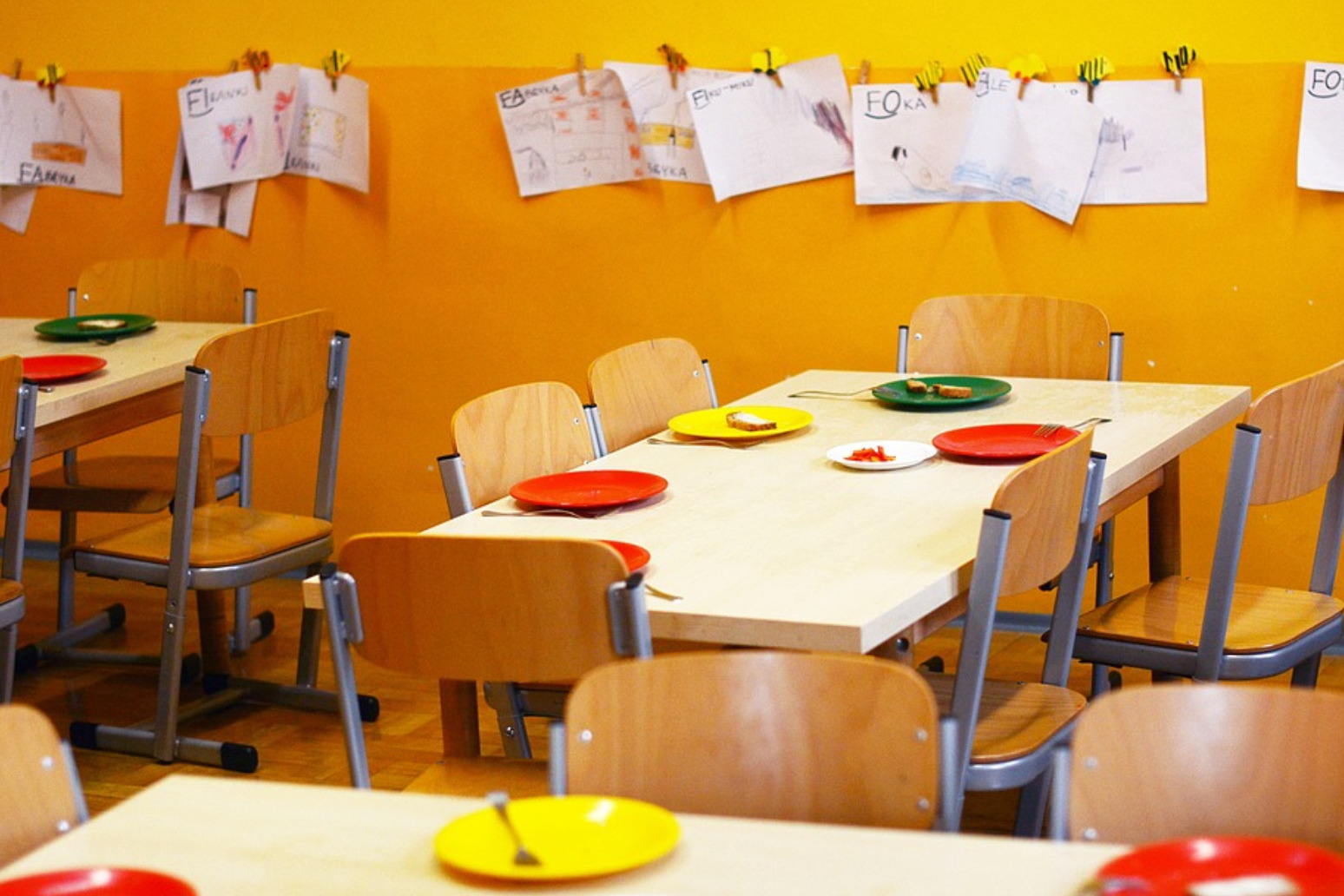
Child poverty affecting children’s learning say teachers
Growing child poverty is affecting children’s learning, say NEU education professionals, and schools and education staff are increasingly providing the services and essentials of daily life to stop families falling through the cracks.
A snapshot survey of a sample of heads, teachers and school support staff who are NEU members reveals the extent to which poverty is damaging the educational opportunities for children from poor families.
A staggering 87% of respondents say that poverty is having a significant impact on the learning of their pupils and students and 60% believe that the situation has worsened since 2015.
“Heart breaking” was the description most commonly used by our members to describe the critical situation of many poor children and families. Teachers described children wearing worn-out shoes and unable to do homework because they have no stationery.
One teacher commented: “The school collects for the food bank in the staffroom. But this is a big problem and it breaks my heart.”
Another said: “Parents are in crisis and not managing their children’s emotional or physical needs as they are so stressed about money. The support we need to provide for these families cannot be underestimated.”
The joint survey by the NEU and the Child Poverty Action Group (CPAG) also reveals the extent to which schools are stepping in to fill the gaps left by the cuts to statutory services and voluntary and community organisations.
Schools have become a lifeline for poor families by providing the daily essentials – such as food, clothing and even, in a small number of cases, emergency loans – for families with nowhere else to go for help.
They are also subsiding breakfast clubs, enrichment activities and equipment for courses at secondary level to ensure no child loses out because they are poor.
One teacher told the NEU: “Teachers will go the extra mile to provide learners with what they need.”
However it’s clear from our survey that cuts to school budgets are undermining the support schools can provide.
One NEU member said: “We heavily subsidised trips and clubs. However we are unable to continue doing this due to our budget which is a real shame for our pupils.”
And it’s not just schools themselves that are supporting children from low-income families. Individual teachers, school leaders and teaching assistants say they are providing a range of essential items for their pupils and students, including food, books, stationery, PE kit, uniform, sanitary protection, personal hygiene products and transport costs.
Fifty-three per cent of respondents personally provide school equipment such as books or stationery to low-income students at least once a term.
NEU joint general secretary Kevin Courtney said: “The level of child poverty teachers and school staff are witnessing on a daily basis is having a dreadful effect on the life chances and education of far too many children and young people. It is shocking that in one of the richest countries in the world we have children without appropriate clothes or shoes, who go hungry every day, who cannot afford sanitary protection or who have no stationery to do their homework.
“As the survey demonstrates, schools will always do whatever they can to help families who are struggling, including running food banks in schools or staff spending their own money to feed children. But this should not be happening. Schools cannot be expected to provide sticking plaster solutions to a problem of the government’s making. It is a scandal that 4.1 million children (30%) now live below the official poverty line, after housing costs.
“This number has risen over the last three years and is projected to reach 5.2 million by 2021/22 under current policies. More than two-thirds of children in poverty live in working families. Support services for families who are struggling are being vastly reduced or cut to the bone. We can and must do better as a society. Our government cannot continue to preside over such inequality and misery.”
Alison Garnham, Chief Executive of the Child Poverty Action Group, which co-sponsored the NEU survey, said: “Teachers see the heart-breaking reality of rising child poverty every day in their classrooms and dinner halls. We must listen to what they are telling us. With nine children in every classroom of 30 now falling below the official poverty line, it is time to ensure all families have enough to live on, and to rebuild the safety net for struggling parents. A vital first step is to lift the freeze on children’s benefits so that they keep up with the rising cost of living.
“Making free school meals universal would also take a big weight off the shoulders of struggling families, as well as improving children’s nutrition and attainment – more than half the teachers who responded to this survey believe that many children who would benefit from a free school meal are missing out, because their parents don’t meet the criteria or because they are put off by the stigma associated with claiming. All agree the benefits of a free meal are obvious”.
Published: by Radio NewsHub